Savers have lost money since rates were last increased
Stock market returns are far more healthy and mortgage borrowers may be the big winners
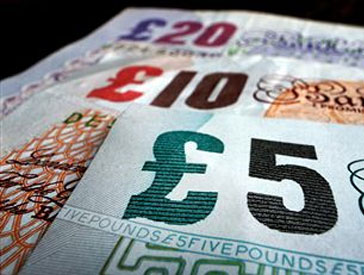
A free daily email with the biggest news stories of the day – and the best features from TheWeek.com
You are now subscribed
Your newsletter sign-up was successful
People who have kept their savings in bank cash accounts over the past decade are in the red in "real terms", according to new figures.
If a saver put £1,000 in an average account ten years ago it would be worth £1,107 now, Hargreaves Lansdown says, but cumulative inflation over that period stands at 26 per cent, meaning it is worth just £878. In terms of buying power, the money has generated a negative 12 per cent return.
Today marks the ten-year anniversary of interest rates being last increased in the UK, says Money Observer.
The Week
Escape your echo chamber. Get the facts behind the news, plus analysis from multiple perspectives.

Sign up for The Week's Free Newsletters
From our morning news briefing to a weekly Good News Newsletter, get the best of The Week delivered directly to your inbox.
From our morning news briefing to a weekly Good News Newsletter, get the best of The Week delivered directly to your inbox.
Rates began to be restricted in December 2007, when the "credit crunch" started to bite, and were cut more sharply in October 2008 as the banking crisis got into full swing.
The following March, they hit a then record low of 0.5 per cent, which is where the base rate stayed until last August, when it was cut to a new all-time low of 0.25 per cent to help offset an expected hit to the economy following the Brexit vote.
According to Hargreaves Lansdown, in July 2007, just £23bn was saved in deposit accounts with no annual interest, says The Guardian.
"The vast majority of savers were earning an average 3.3 per cent on cash in instant access accounts and five per cent on accounts where some notice must be given."
A free daily email with the biggest news stories of the day – and the best features from TheWeek.com
Now £180bn sits in accounts offering no interest. Even shopping around gives an average instant access rate of 0.4 per cent and for notice accounts a rate of 0.9 per cent.
In contrast, stock markets have recovered since the major crash of 2009. They have been setting new records since then, with £1,000 invested in shares worth on average £1,666, or £1,323 after adjusting for inflation.
Some experts reckon the low-rates environment is even inflating share values, as it has prompted institutional investors to shift more of their assets into stocks.
Perhaps the biggest winners from these persistently low rates have been borrowers, especially mortgage holders, who are paying on average half the rate of interest they were paying ten years ago – 2.6 per cent compared to 5.8 per cent.
This means they have more disposable income, although the low rates will have mostly benefitted those who already owned their home prior to the crisis as everyone else has had to cope with spiralling house prices.
-
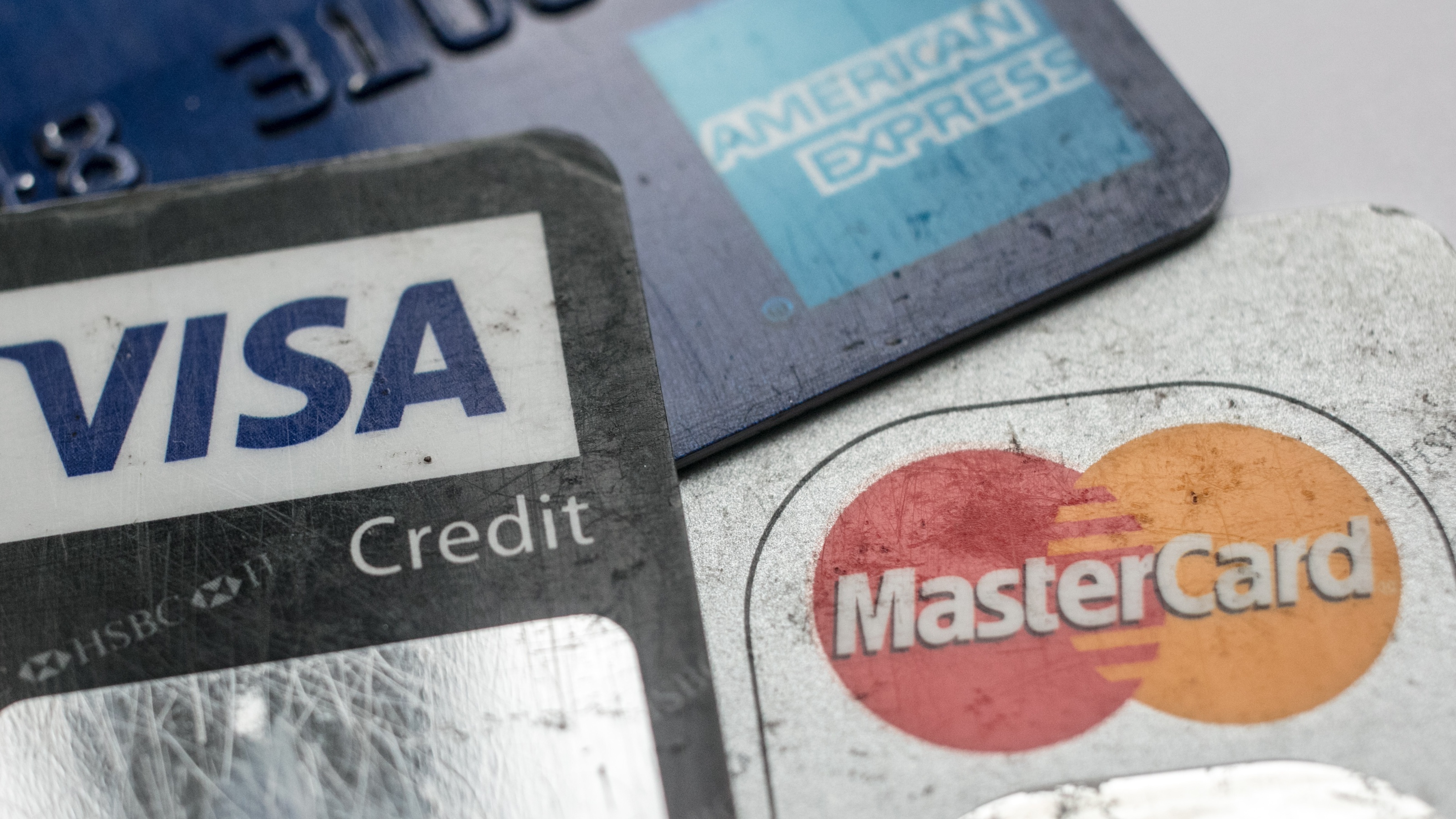 Brits keeping 21 million ‘money secrets’ from friends and family, survey reveals
Brits keeping 21 million ‘money secrets’ from friends and family, survey revealsSpeed Read Four in ten people admit staying quiet or telling fibs about debts or savings
-
 London renters swap cramped flats for space in suburbia
London renters swap cramped flats for space in suburbiaSpeed Read New figures show tenants are leaving Britain's cities and looking to upsize
-
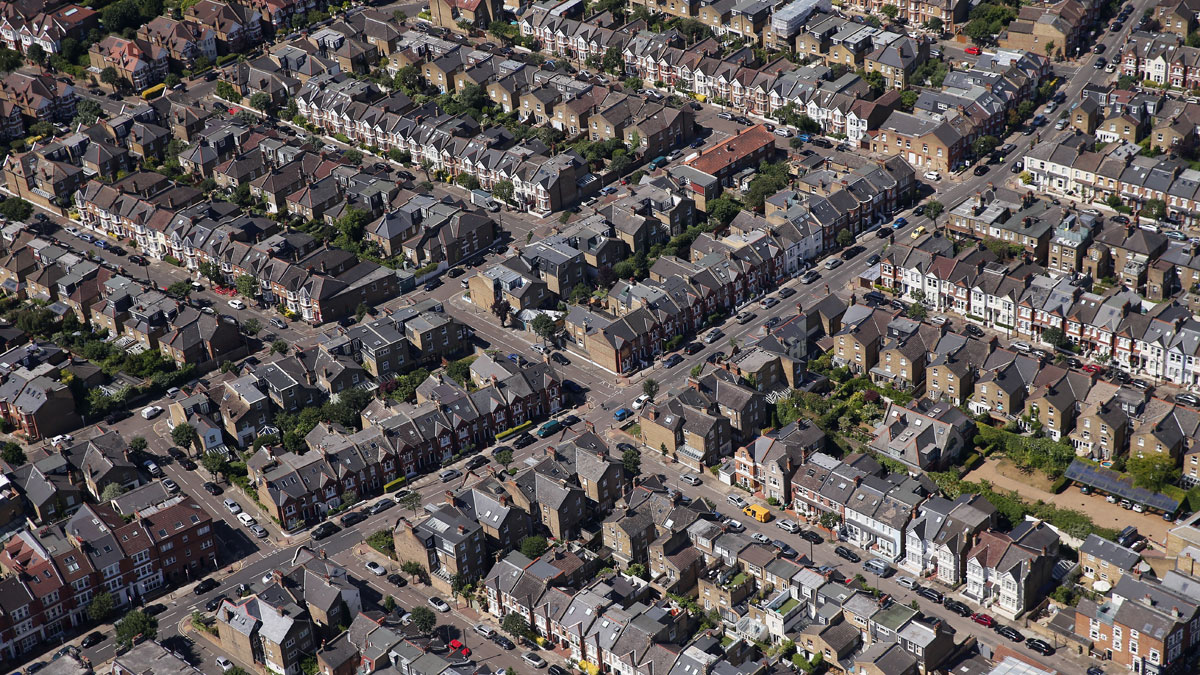 Should the mortgage holiday scheme have been extended?
Should the mortgage holiday scheme have been extended?Speed Read Banks warn that some homeowners may struggle to repay additional debt
-
 RBS offers coronavirus mortgage holidays
RBS offers coronavirus mortgage holidaysSpeed Read Taxpayer-owned bank follows measures taken in virus-struck Italy
-
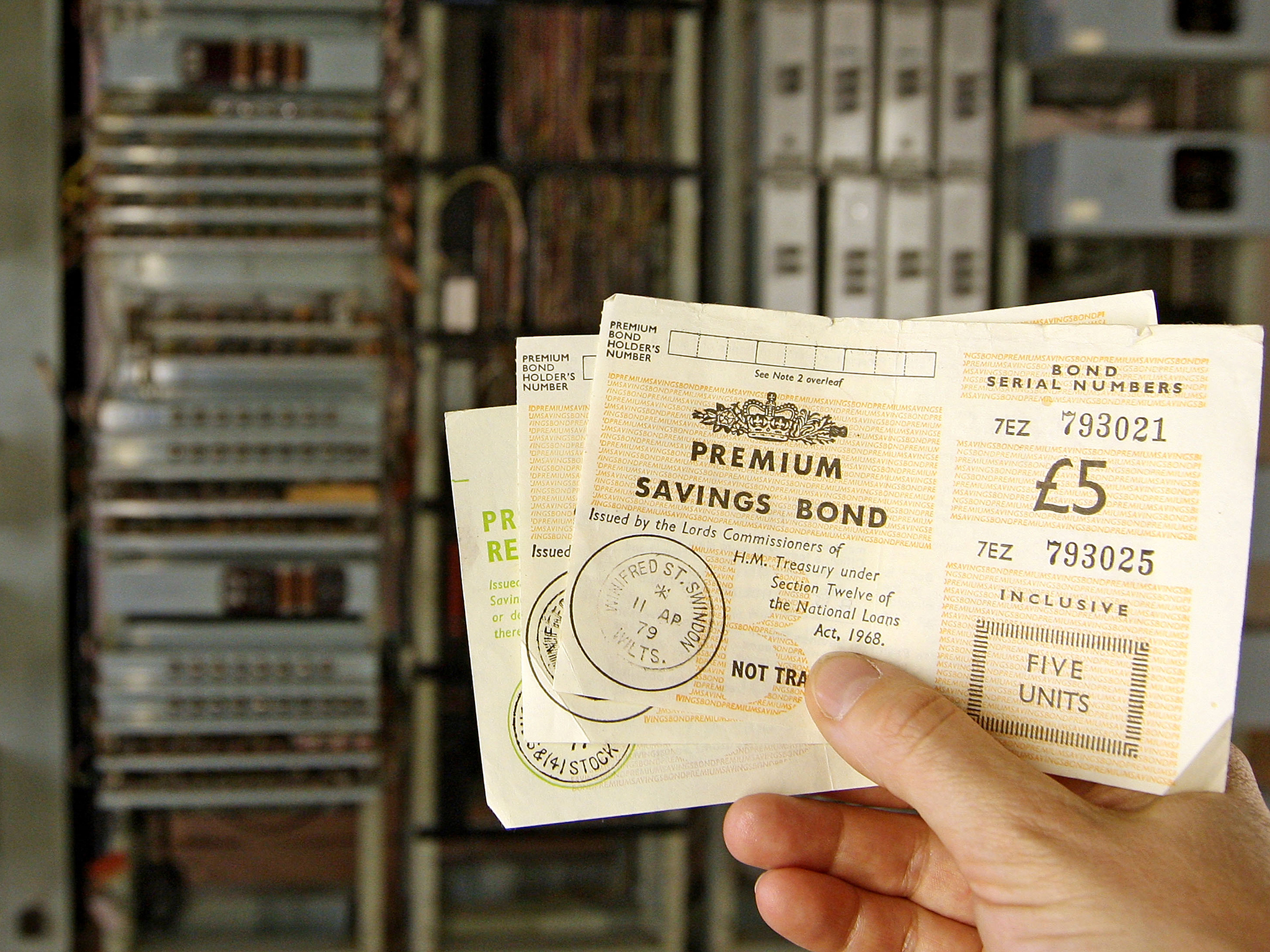 What are the changes to National Savings payouts?
What are the changes to National Savings payouts?Speed Read National Savings & Investments cuts dividends and prizes for bonds
-
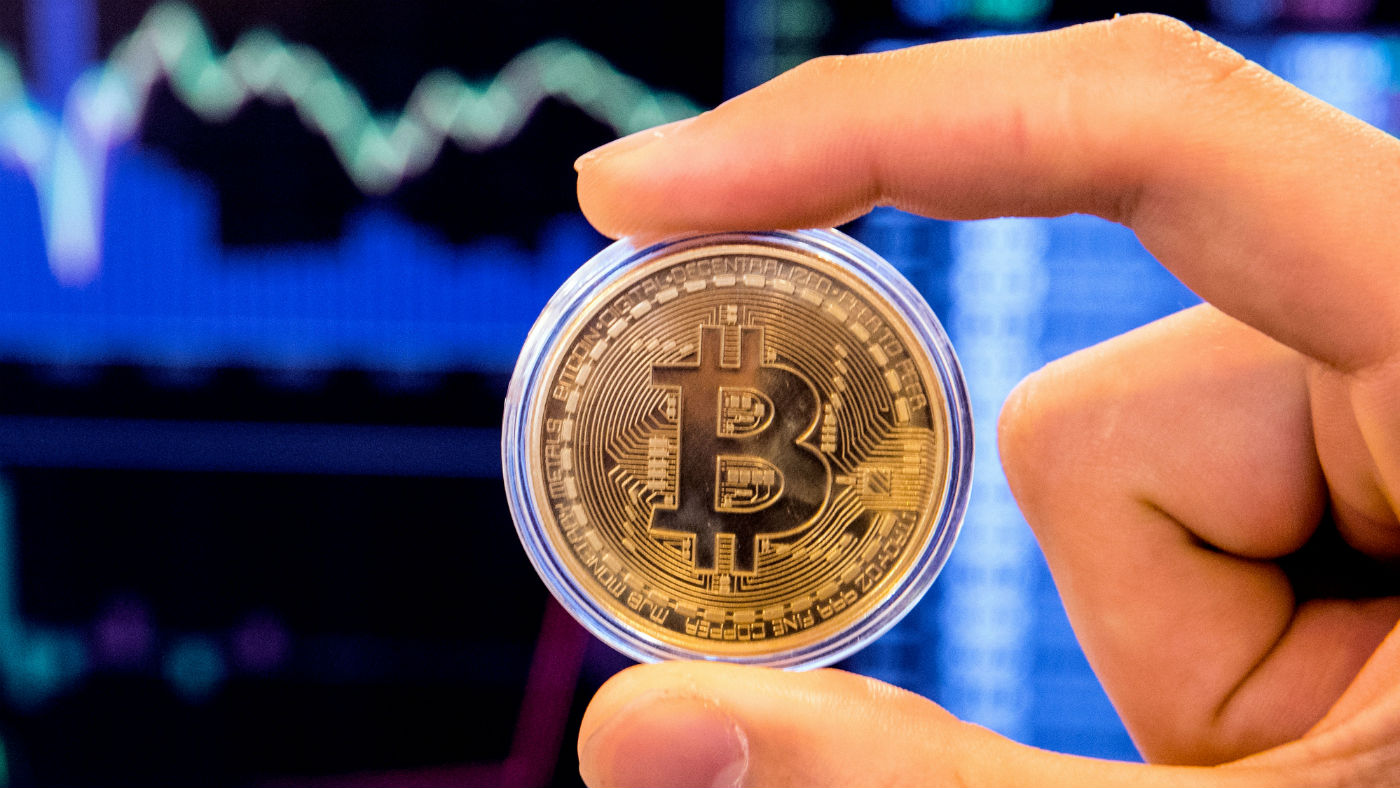 China clears path to new digital currency
China clears path to new digital currencySpeed Read Unlike other cryptocurrencies, Beijing’s would increase central control of the financial system
-
 Why are donations surging to the RNLI?
Why are donations surging to the RNLI?Speed Read Charity enjoys flood of funding after criticism for overseas work
-
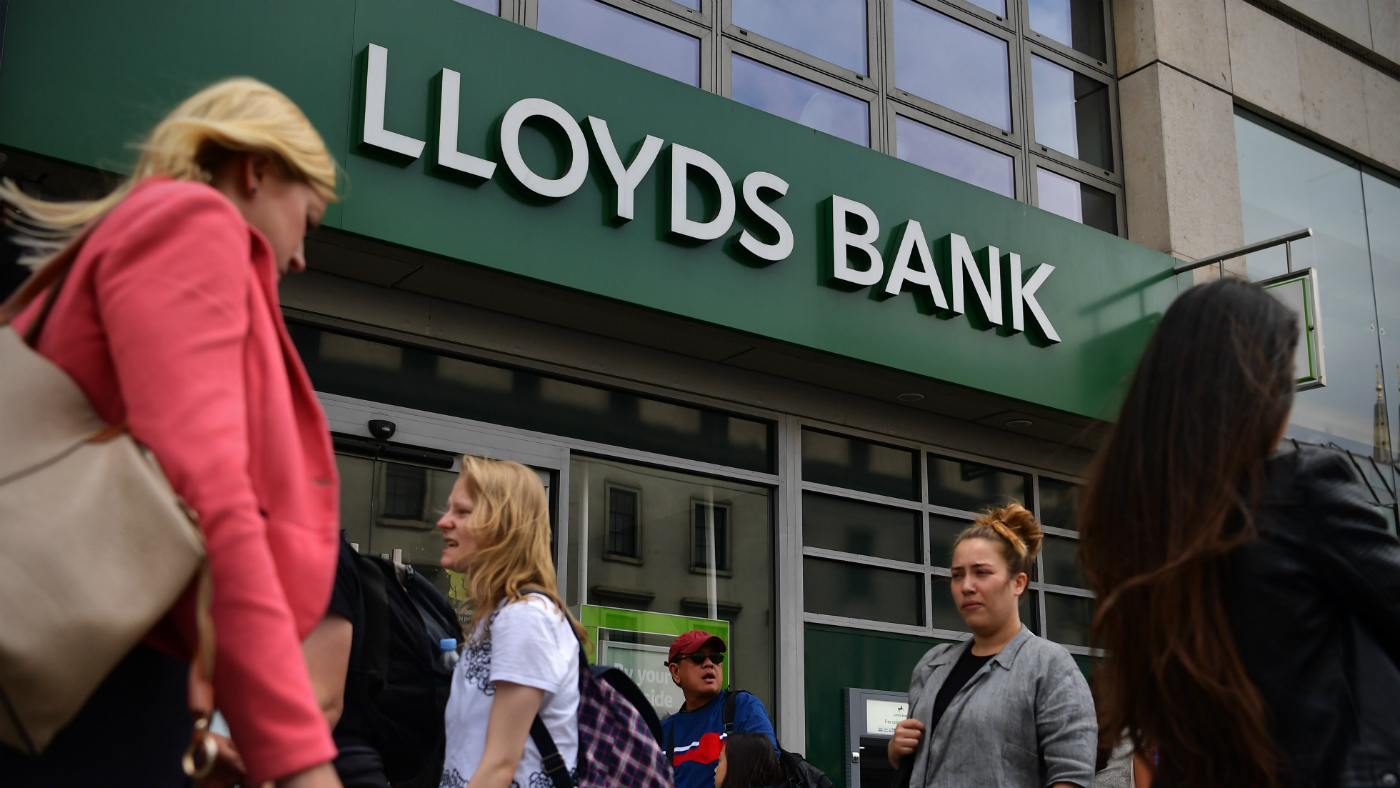 PPI deadline day: how to claim
PPI deadline day: how to claimSpeed Read Final chance for consumers to apply for compensation


